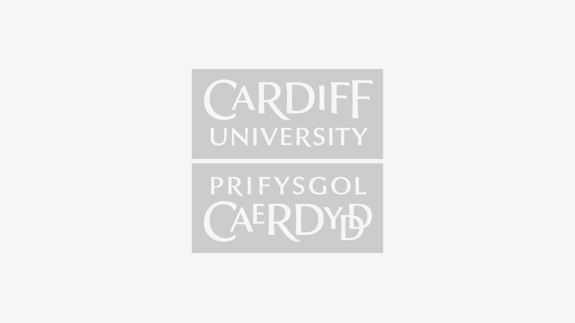A multilingual mindset is needed throughout young people's learning in order to increase the uptake of international languages later on, experts from Cardiff University say.
MFL Mentoring is a groundbreaking programme which aims to encourage more young people to take up international languages at GCSE and beyond, such as French, Spanish and German. The project's success has led to three years of renewed funding from the Welsh Government.
In an opinion piece for Languages, Society and Policy, MFL Mentoring founders Professor Claire Gorrara and Lucy Jenkins argue that the Curriculum for Wales' emphasis on international languages means they should be embedded into lessons as early as possible, so that younger learners are offered exposure to a range of languages.
They call for more training for primary school teachers in order that they can develop their confidence and skills in delivering a multilingual language learning experience.
They also say cross-linguistic and collaborative working is needed between and across languages in schools - to leverage connections between all languages - including English and Welsh.
Professor Claire Gorrara, based at Cardiff University's School of Modern Language, said: "The emphasis on international languages in the Curriculum for Wales should be applauded and is a huge step forward. Despite the fact that schools in Wales are already operating in a bilingual context, international languages uptake at GCSE and A level is the lowest in the UK. Continued partnership working and investment is therefore needed to promote the benefits of language learning to young people throughout their school lives."
MFL Mentoring has amassed a decade of experience in encouraging the pursuit of language learning at GCSE and it now has a presence in more than 100 secondary schools across Wales. Students from across universities in Wales are given opportunities to train as mentors before being assigned a group of year 8 or 9 learners to work with.
Over the course of six sessions, they share their language learning journeys with their younger peers, exploring the career opportunities that come with languages, as well as the many personal benefits, such as improved confidence and opportunities to travel.
The latest evaluation of the project shows 68% of learners agreed that the mentoring scheme changed their perception of language learning. When learners were asked if they wanted to take an international language at GCSE, 35.7% of learners involved with MFL Mentoring indicated definitely or probably yes. This compares to 17.6% of learners who had not taken part in the programme and only 10.3% nationally.
Lucy Jenkins, Project Director of MFL Mentoring, said: "Our mentors are passionate advocates and living case studies for the benefits that learning a language can bring. Their dedication has been key in shifting attitudes among young people in Wales - but more work needs to be done. That's why we will continue to work with policymakers, schools and young people to keep international languages high on the agenda, doing all we can to inspire the next generation of linguists."

Cardiff University student mentor Gwilym Morgan is in his first year of a Welsh and French degree. He said: "Through the MFL Mentoring Scheme, I've gained new skills, confidence, and real experience working with young people. I learn so much from the students during each session, and the scheme has strengthened my desire to become a language teacher in the future.
"At first, many young people are reluctant to consider learning an international language. Some say they find it difficult, boring, or don't see the point if they think 'everyone speaks English.' Others feel nervous about making mistakes.
"However, through the mentoring sessions, their attitudes often change. Pupils begin to see the value of languages in terms of travel, job opportunities, and even forming a stronger sense of identity. They also appreciate the cultural side of language learning and often end the programme feeling more confident, open-minded, and positive about taking a language forward at GCSE."






